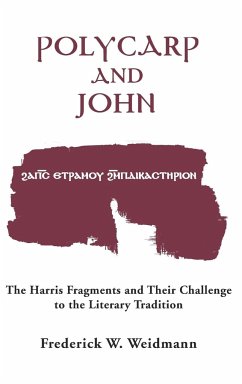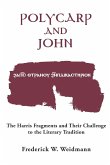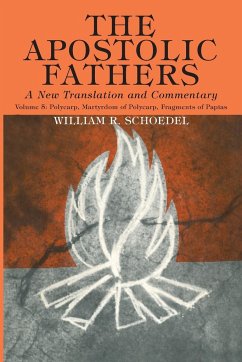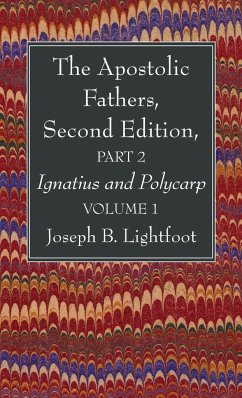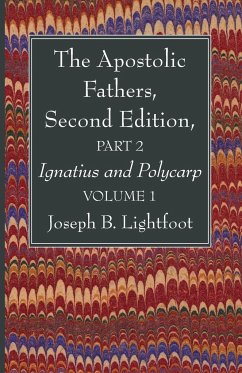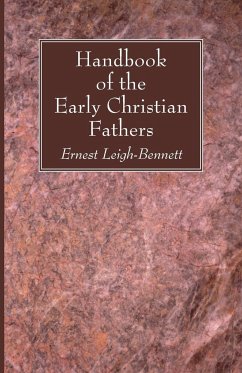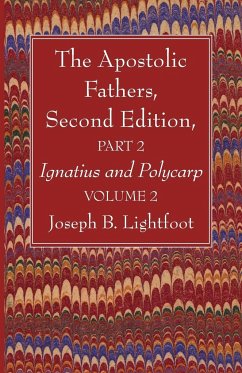This is a multifaceted work concerning an important, if little known, text on Polycarp of Smyrna, Bishop and martyr, and his association with the apostle John. This ancient work includes significant portions of narrative description and dialogue which are preserved nowhere else among extant texts and shows significant similarities to the earliest strata of other important early Christian works such as the Acts of John and the Martyrdom of Polycarp. The text of the Harris Fragments on Polycarp and John raises new exciting questions about martyrdom and apostolicity, the earliest history of the important Christian communities at Ephesus and Smyrna, and the legacies of Polycarp and John among early Christians. Frederick W. Weidmann accomplishes several important things in one volume. Foundationally, he presents an authoritative critical edition and translation of the Harris Fragments on Polycarp and John. Coptologists and philologists are well served through extensive text-critical notes, while a broader range of interested readers will appreciate, and benefit from, the register of parallels to the New Testament and other ancient literature, and the informative introduction to the ancient text. An essay on the narrative strategy of the text identifies the broad theme of the work, "apostolicity and martyrdom," as well as many of the rhetorical motifs and elements employed. The Commentary, a significant work in itself, provides a wealth of information about possible biblical sources and parallels, as well as consideration of pertinent Jewish, pagan, and other early Christian works. Weidmann suggests and pursues several relevant avenues of inquiry in order to illuminate the words, phrases, and episodes which make up the extant text, and to engage the cultural context, social location, and theological proclivities of the community in and for which the work may have been written. In a final chapter, the work preserved by the text of the Harris Fragments on Polycarp and John is located in time and place according to both literary-historical and social-historical considerations. Through a detailed series of inquiries, ranging from consideration of the early Christian apologist Irenaeus and his agendas, to the fascinating and troublesome record of John's martyrdom--or lack thereof, and, finally, to the notorious rivalry between the cities, and Christian communities of, Smyrna and Ephesus, Weidmann is able to narrow significantly the provenance of the work, while also further illuminating its significance. Polycarp and John: The Harris Fragments and Their Challenge to the Literary Traditions will be influential in New Testament and Early Christian studies, particularly in the areas of Johannine trajectories, martyrdom, noncanonical acts, Coptic literature, and the development of Christianity in Asia Minor.
Hinweis: Dieser Artikel kann nur an eine deutsche Lieferadresse ausgeliefert werden.
Hinweis: Dieser Artikel kann nur an eine deutsche Lieferadresse ausgeliefert werden.

